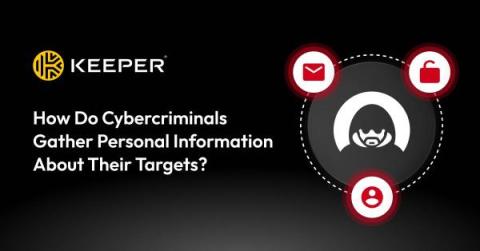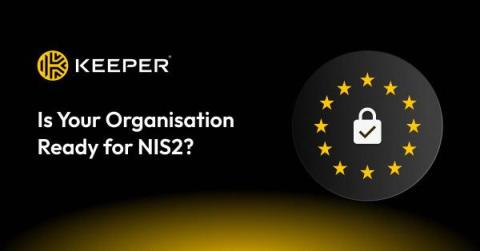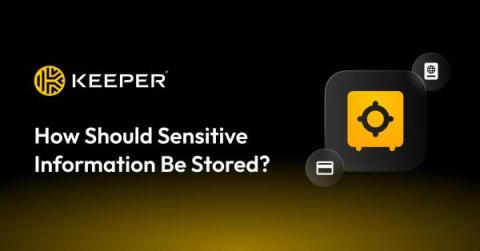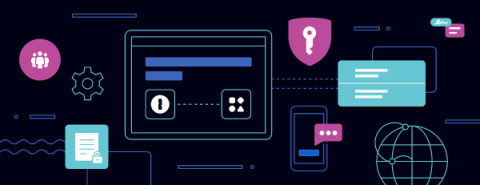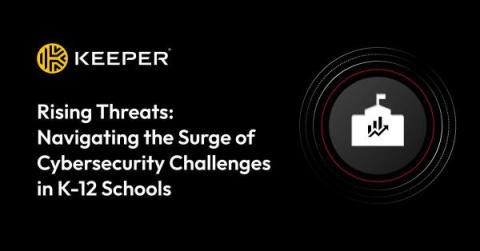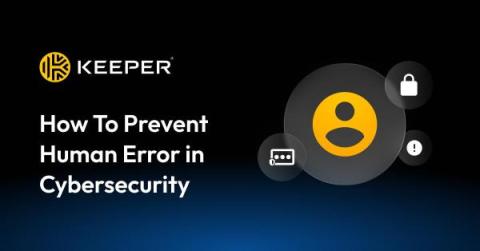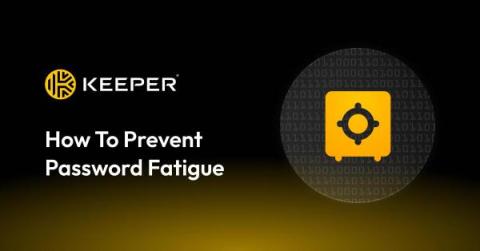Two new checks for the ChatGPT macOS app
With the recent announcement of OpenAI’s ChatGPT desktop application for macOS, users gain access to LLM workflows outside of their browser. ChatGPT’s broad adoption by employees across industries, and around the world, has put employers, compliance, and security teams into high gear as they seek to balance the gains made in productivity with the potential risks of how these tools are being used.



